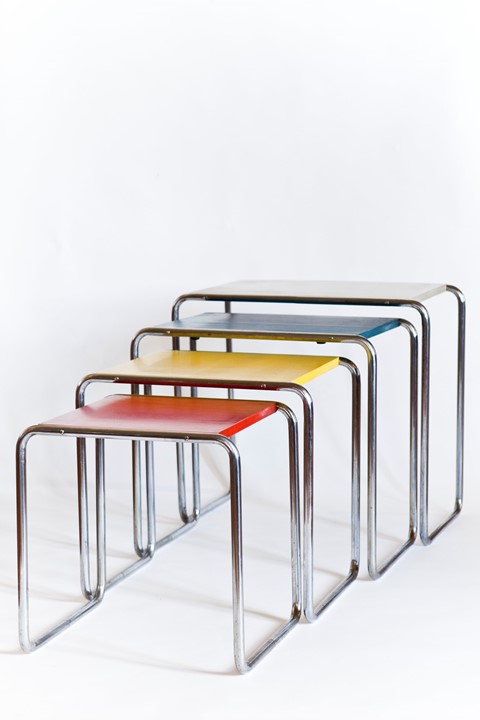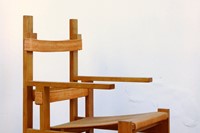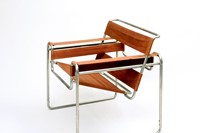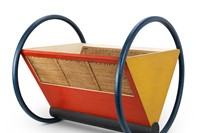Located in Weimar, the museum celebrates 100 years of the influential 20th-century movement
“How do we want to live together?” is the question that Walter Gropius, founder of the Bauhaus School posed. It is this core aspect of the modernist movement’s manifesto – one that considered the entirety of life itself as a place to enact its design principles – that forms the central motto of a new museum that has opened in Weimar, Germany, solely dedicated to the influential school. “The museum highlights the history of the Bauhaus to explore issues related to the design of our living environment today and in the future,” said the press release for the institution, which is designed by Berlin-based architect Heike Hanada and spans over 2,000 square metres of exhibition space.
The museum’s launch marks the 100th anniversary of Bauhaus, and will permanently display key objects from the world’s oldest known Bauhaus collection, comprised of 13,000 pieces and including the 168 works hand-selected by Gropius for safe-keeping when he was expelled from Weirmar by the Nazi Party. “When the Bauhaus Museum joins Weimar’s museum landscape, the world will be watching,” explains Hellmut Seemann, president of Klassik Stiftung Weimar. “We have opened a new window – for the presentation of the Bauhaus, its prehistory in Weimar and its enormous impact after it was expelled from Weimar.”
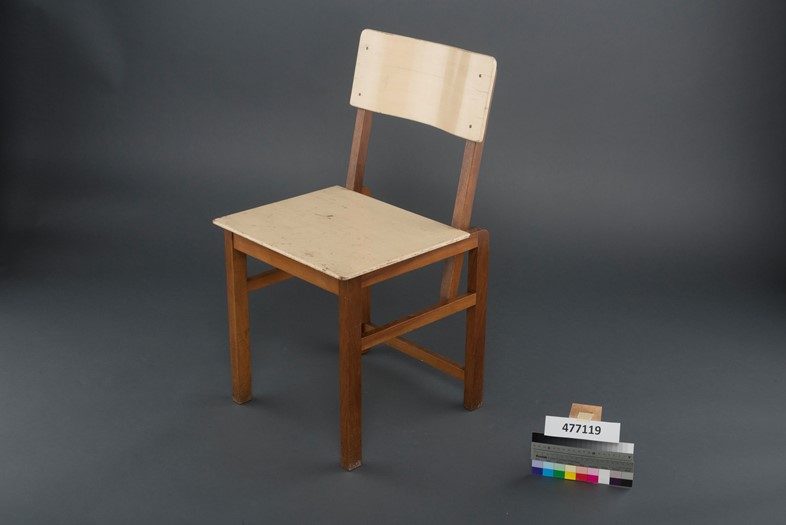
In addition to the permanent collections – including a wealth of ceramics and furniture – the exhibitions Van de Velde, Nietzsche and Modernism around 1900 will be staged at the neighbouring Neues Museum Weimar and a new show at the Haus Am Horn – a building purpose-built for the Bauhaus Werkschau exhibition in 1923 – will highlight various themes addressed by Bauhaus. “At the centre of our concept is the aim to present modernism as a battle of competing ideas, exemplified by the displayed objects. The emergence of the Bauhaus 100 years ago reminds us that we, too, are the designers of our world and must remain so,” continues Seemann.
